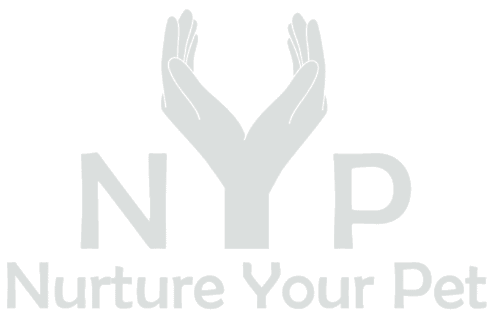When I brought Mojo home in 2012, my parents were in their early 70s. Mojo was just a year old, barely more than a puppy—having been used for breeding and severely neglected, starved and dehydrated for over a week. The apartment where he was rescued from housed four adult dogs, including Mojo, who had fathered seven puppies. Tragically, three of those puppies had died from starvation and dehydration, and the apartment was in deplorable condition, filled with urine and feces.
Mojo arrived at our home with a range of complicated medical issues, probably both genetic and due to his prior neglect. At the time, I had just started a demanding full-time job that required more of my time than the standard working hours. As a new, single pet parent, I relied heavily on my parents for support. They not only took care of Mojo, walking him, cooking for him, and playing with him, but they also showered him with love and attention. Their nurturing in his formative years as our new family member helped him gradually overcome his trauma and he began to trust us as his forever family. My mother, in particular, adored Mojo, and all our major decisions were centered around his comfort and well-being. Mojo was never placed in a kennel or dog hotel when we traveled; my mom made it clear that we would not travel anywhere without him, and if he couldn’t come, our plans would be canceled. Mojo learned quickly to enjoy his adventures, especially long car drives with the air conditioning turned on full blast!

Numerous research and scientific studies have established a clear connection between human-animal interactions and the benefits of healthy aging. Senior individuals who own pets can experience significant health improvements, among additional benefits. Pet ownership provides vital social and emotional support for older adults, helping to reduce distress, combat depression, alleviate loneliness, and enhance the overall quality of mental and physical well-being. Additionally, animal-assisted interventions, including animal-assisted activities (AAA) and animal-assisted therapy (AAT), are becoming increasingly popular ways for older adults to engage with their pets and enjoy these benefits even further.
NYP promotes the holistic nurturing of pets and their owners, focusing on their mental, emotional, and physical well-being. Here are some benefits that seniors can enjoy from spending time with their pets:
Mind, Body and Soul:
The connection and bond between senior adults and their pets is often linked to numerous health benefits. It can significantly reduce blood pressure, heart disease, cholesterol levels, and triglycerides. Additionally, it helps to alleviate feelings of loneliness and anxiety and can even relieve symptoms of PTSD.
Increasing Physical and Mental Wellness Levels:
Pets offer seniors increased opportunities for exercise and outdoor activities especially when it comes to dog-walking - acceleration of better cognitive function and more opportunities to socialize.
Cats, rabbits, fish and birds may be the best choice of pets and companionship if you are less prone to physical activity because you don’t have to take them outdoors. A small dog that can be toilet trained may also be a good option, however, a dog would need a walk at least once a day for their well-being too. Senior dogs and cats make excellent house pets because they are calmer and quieter.
The Human-Animal Bond:
The human-animal bond involves a relationship that mutually benefits people and animals, fostering mental, physical, and social well-being for both. For older individuals, pets offer valuable companionship and a sense of purpose, helping to alleviate loneliness and isolation. Studies reveal that pet ownership among seniors provides crucial social and emotional support, enhancing their overall quality of life. Research also finds that a strong attachment to a pet can lead to reduced depression among older adults.

The human-animal bond positively contributes towards healthy aging in areas, including:
- Mental Health
- Anxiety, stress, depression, Alzheimer’s and dementia
- Physical Health
- Physical activity, obesity, cardiovascular health
- Cancer
- Quality of life, pain management, early detection
Helping Senior Adults Care for Their Pets:
Although the benefits of having a pet at home generally outweigh the challenges, caring for an animal can become increasingly difficult as people advance in age. Elderly individuals might face issues such as reduced mobility, memory problems, and financial constraints. It’s crucial to thoroughly understand the responsibilities and duties of pet ownership. This includes factoring in the costs of food and medical care, the time, exercise and attention the pet needs, and most importantly, planning in advance who will take care of the animal if the owner passes away. Addressing these factors helps ensure the well-being of the pet and provides peace of mind for the senior pet owner.
In conclusion, nurturing a bond between senior adults and pets offers profound joy and a host of benefits enhancing physical and emotional well-being. The companionship and purpose derived from pet ownership alleviate feelings of loneliness and improve the quality of life for older individuals. However, it is also essential to recognize and address the practical challenges associated with aging and pet care and the need for future planning. By understanding and preparing for this, seniors and their families can enjoy a fulfilling, loving and supportive relationship with their pets.
Author - Khursheed Mistry










